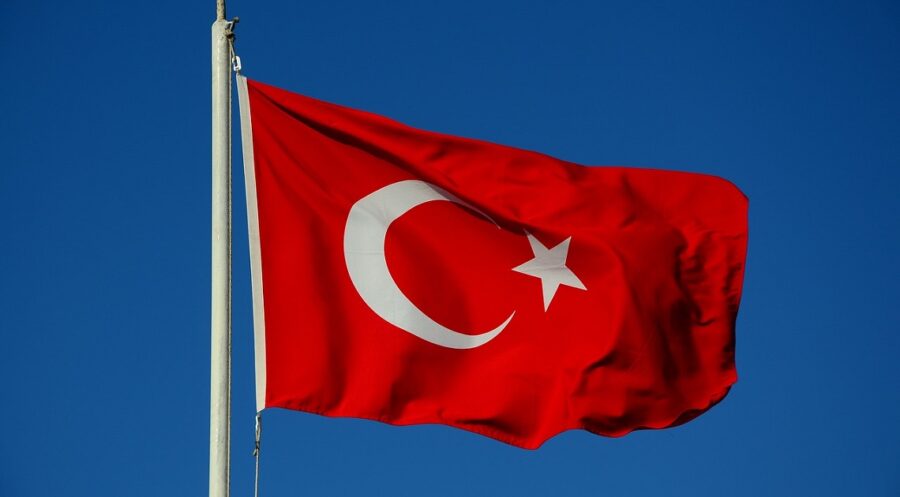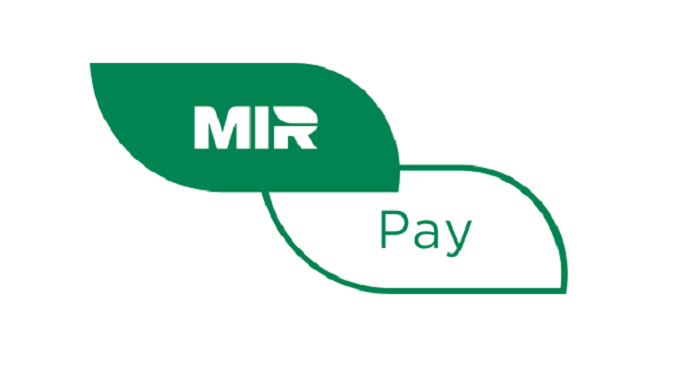Over 9,900 aftershocks have been recorded in the area since the 7.7 and 7.5 magnitude earthquakes in Kahramanmaraş Province on February 6, a press release states.
These include two 6.4 and 5.8 magnitude quakes on February 20, a few in Central Türkiye, and the most recent, a magnitude 5.6 earthquake in Malatya Province on February 27. The initial earthquakes struck 11 provinces in Syria’s neighboring southeast as well as Turkey.
In the provinces directly impacted by the earthquake, a three-month state of emergency is in effect as of February 6. Moreover, on February 24, Turkey’s Disaster and Management Authority (AFAD) designated several city neighborhoods outside of the 11 impacted regions as “disaster zones.”
By of February 26th, 44,374 people had died and 563,000 had been evacuated to other provinces, according to AFAD. y Approximately 130,700 tents, 1,200 temporary housing containers, 1,700 mobile hygiene units, 1.6 million blankets, 227,000 sleeping bags, 84,000 beds, 29,000 generators, 6,300 tons of clothing, 3,500 tons of hygienic medical supplies, and 6,000 tons of food were among the in-kind donations announced by the Ministry of Foreign Affairs on February 27. According to the government, 30 field hospitals have been established in the earthquake-affected provinces by 28 different countries.
On February 23, AFAD said that 100,000 containers would be placed in roughly 143 places. More than 6,500 containers have already been set up. Also, 280 tent sites with nearly 330,000 tents set up have been erected in earthquake-affected areas, according to AFAD. In addition, 918,000 people have gotten TRY 10,000 in cash assistance (USD 530). Turkish citizens are the target of this assistance.
Partners, NGOs, and UN agencies are gathering often as the inter-agency coordination structure is being established to plan a response under the direction of the local administrations and provincial directorates.
In response to the Turkish government’s request, UNHCR is providing essential assistance supplies that save lives. They primarily consist of solar lamps, tents, blankets, hygiene products, and emergency shelter supplies.



